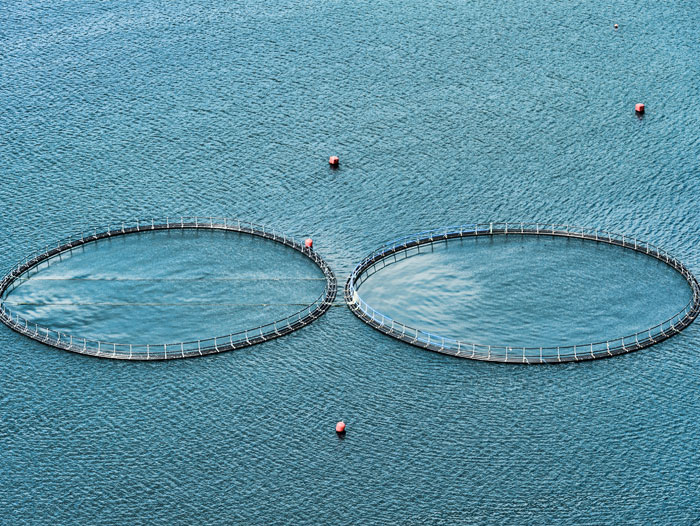Canada’s Salmon Farmers Respond to The Federal Government’s Decision to Renew Salmon Farming Licenses in British Columbia, Canada
June 29, 2022 | 2 min to read

OTTAWA, ON – The Canadian Aquaculture Industry Alliance (CAIA) and the BC Salmon Farmers Association (BCSFA) believe that the federal government’s decision to renew the licenses of salmon farms in British Columbia and establish a process for the salmon farms in the Discovery Islands is good for Canadians. The government’s own science evaluation process, and multiple independent peer-reviewed science processes, have concluded that salmon farms have minimal effect on wild fish abundance and that farmed and wild salmon can and do co-exist in the Pacific Ocean.
“The renewal of licences in British Columbia is a positive first step and confirms the voices of Industry and First Nations, in whose territories we operate, have been heard,” says Ruth Salmon, Interim Executive Director of the BC Salmon Farmers Association. “This announcement will give us the opportunity to work with all levels of government, including First Nations, to secure a future that will benefit Indigenous and non-Indigenous coastal communities, meet the global demand for healthy, affordable seafood, and support the continuation in protection and restoration of wild Pacific salmon.”


“Canadians and the world need a climate-friendly, affordable, and secure food supply at a time of significant food and living cost inflation,” says Timothy Kennedy, President and CEO of the Canadian Aquaculture Industry Alliance (CAIA). “While we are encouraged that licences have been renewed, we genuinely needed a six-year license term that reflected our production cycle. Longer license terms would have provided the confidence to further invest in innovation and technology, leading to continued operational and sustainable improvements, job creation for coastal communities, and greater food security.”
Farm-raised salmon is the most popular seafood choice of Canadians. We know that 97 per cent of salmon produced in Canada is farm-raised, which is key to sustainably meeting the growing demand for Canadian salmon, while at the same time reducing pressure on limited wild stocks. Salmon farming in Canada is highly regulated, achieves third-party environmental certification standards, creates long-term economic growth for rural, coastal, Indigenous and non-Indigenous communities, employs 14,500 Canadians, and generates over $4 billion in economic activity annually.
“Global demand for fish is growing as is the demand for sustainable, low-carbon solutions. Canada should be the best in the world at farming salmon, and in doing so we can ensure Canada has a secure supply of this important food protein,” says Salmon. “The decision is an important validation of peer-reviewed science and procedural fairness. We will work with governments and partners to create long-term value to contribute to Canada’s Blue Economy and secure home-grown fresh food supply,” concludes Kennedy.
